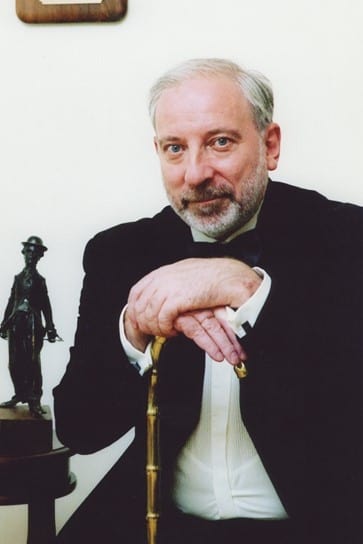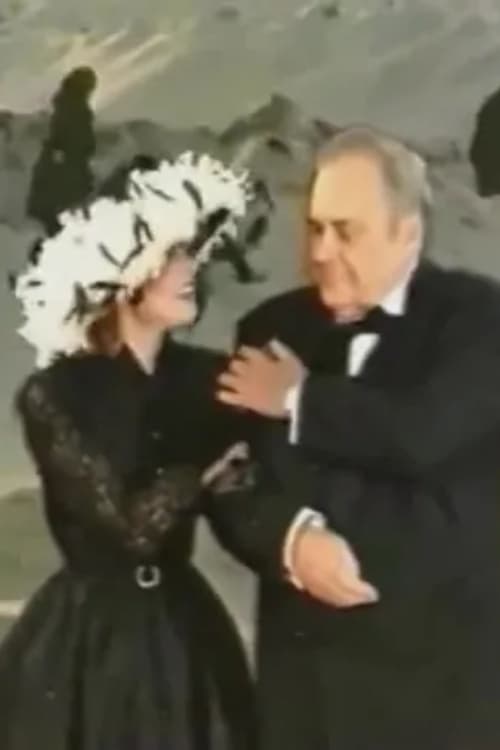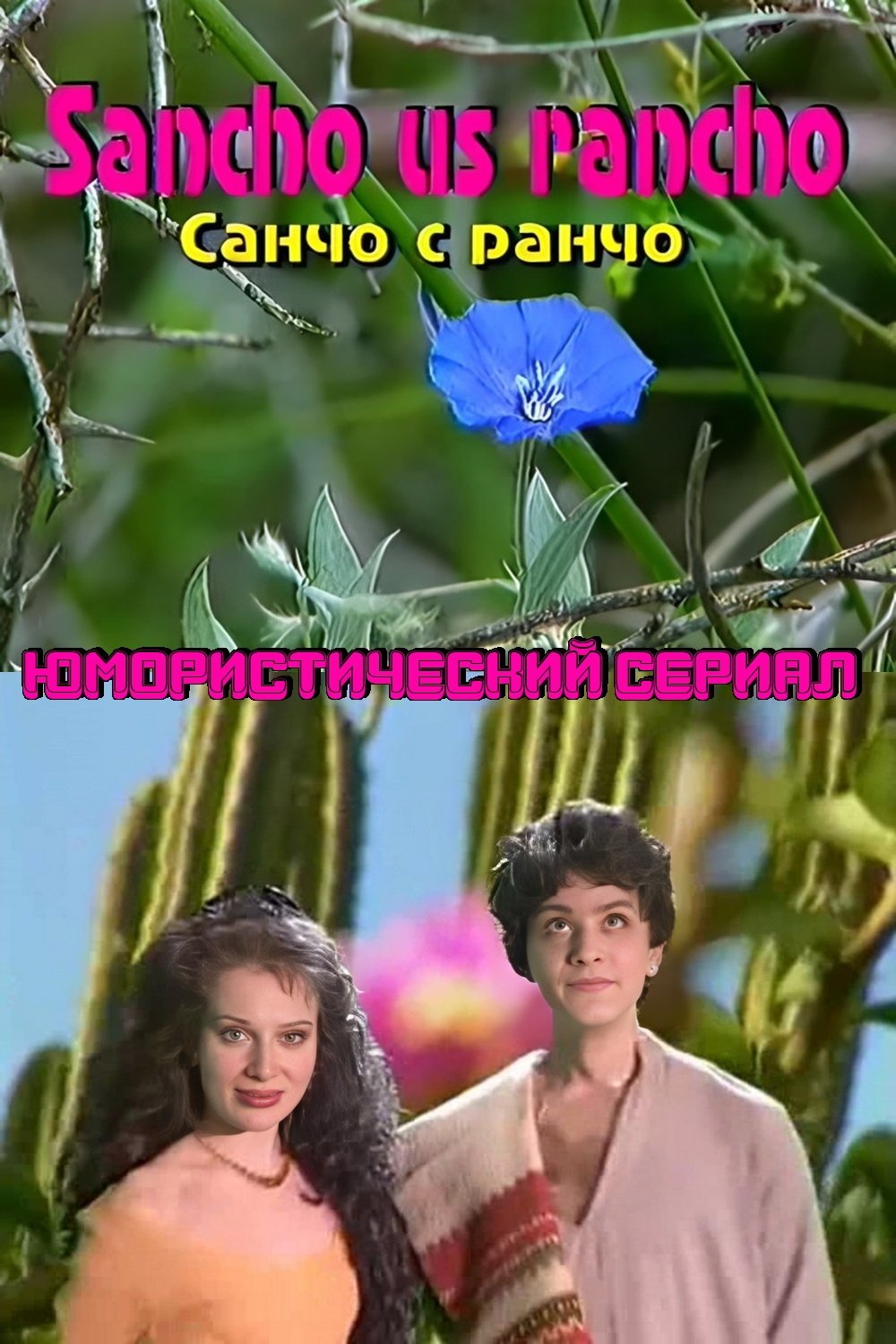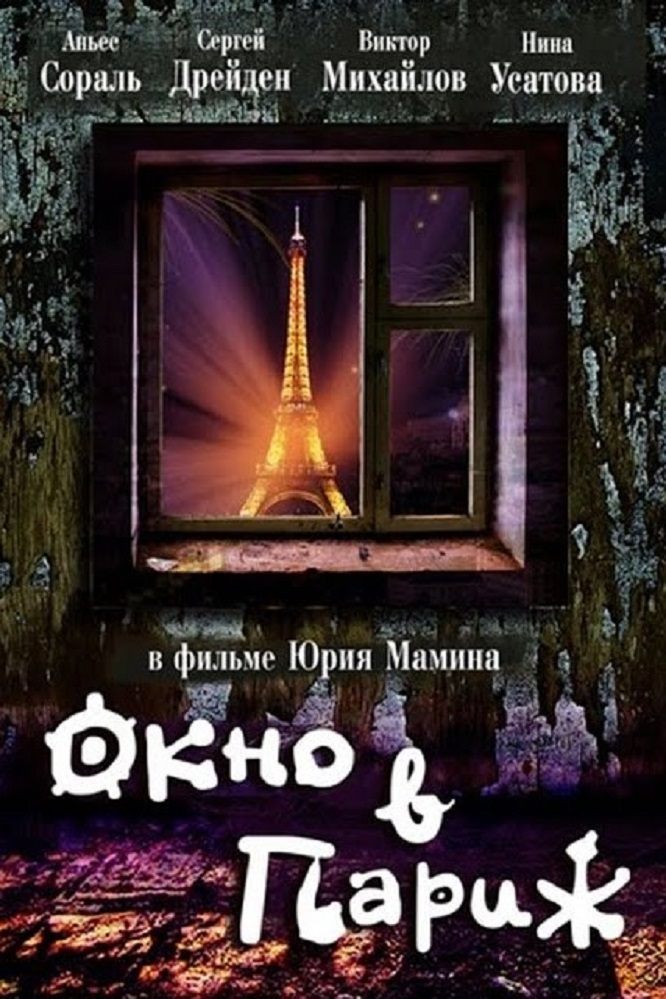
In 2009-2012, Yuri Mamin was the author and presenter of the educational TV program "House of Culture" on the STO channel (Russia), where he spoke in defense of civil rights, in defense of the values of world culture and in defense of nature and animals subjected to arbitrary extermination by hunters and poachers in Russia, by the barbaric laws of Russian officials.

A humorous New Year's TV show dedicated to the 70th anniversary of Eldar Ryazanov. The plot parodies the 1956 film Carnival Night. The role of Ogurtsov is being tried on by Ryazanov himself.
The pop opera "Eugene Onegin" is an attempt by the authors to "kill two birds with one stone" - A.S. Pushkin and P.I. Tchaikovsky, making their works accessible to the widest audience.
Continuation of the author's program (From Forte to Piano) by director Yuri Mamin and composer Alexey Zalivalov.

The parody series "Sancho from the Ranch" was part of the St. Petersburg television program "Chameleon", curated by the famous director Yuri Mamin. The idea of this parody was that the supposedly Mexican TV series "Sancho from the Ranch" was seen by viewers in two guises at once: on the screen and behind the screen. On the screen there are heartbreaking incidents in sunny Mexico, and off the screen an ordinary Russian family is watching them with excitement – grandmother and grandfather, father and mother, daughter and son. The trick is that they also appear in exotic Mexican roles, and seem to be watching themselves.
The author's musical and humorous program of the film director Yuri Mamin and composer Alexey Zalivalov.

Nikolai (played by Sergei Dontsov) has been fired from his job as a music teacher and has to live in the gym until he finds a place to stay. Finally, he gets a communal room in the apartment of Gorokhov (Victor Mikhalkov). The room's previous inhabitant, an old lady, has died a year ago, and yet her cat, Maxi, is still in the locked room, healthy and fat. Soon, Nikolai and his neighbours discover the mystery: there is a window to Paris in the room. That's when the comedy begins - will the Russians be able to cope with the temptation to profit from the discovery?
Yuri Borisovich Mamin (Russian: Юрий Борисович Мамин; born 8 May, 1946; Leningrad) is a Soviet and Russian filmmaker, stage director, screenwriter, composer, actor, author and television host, Honored Art Worker of the Russian Federation. His "Window to Paris" (1993) remains one of the most popular movies in Russia. His Buddhist-themed film "Don't Think About White Monkeys" (2008) is popular among the Russian noncomformist youth, including punks and rockers. Yuri Mamin is the only person in Russia to have won the Chaplin's Golden Cane award. The award was presented by Charlie Chaplin's widow, Oona Chaplin, at the festival marking 100 years since the birth of the great comedian. The festival was held in the Swiss city of Vevey, where Chaplin was buried. Mamin's works are known for a strong emphasis on social justice and criticism of hypocritical social norms. Because of this, he found difficult to find support for his productions in the totalitarian USSR, as well as in today's Russia, where film makers became dependent on corporate oligarchy. His characters often portray an inspired citizen in the fight for social justice against corporate capitalism. Yuri Mamin began his directing career under the communist regime. He was never a communist and was always opposed to the oppressive power of the Communist Party. Because of this, he could not create his films until the beginning of Perestroika in 1985 and Mikhail Gorbachev's arrival to power. His works are popular among alternative socialist groups who criticize both capitalism and the Soviet system. The Gorbachev period ended in 1991 and Yuri Mamin again became a persona non grata for the criminal tycoons who almost immediately took over all the leading positions in Russian cinema and mass media. From the early 1990s, a group of official Russian film critics, controlled by the regime, began a period of notorious denigration of the film director and his art. Against this background, Mamin's films won the love of audiences throughout the nation. Almost all of his films received numerous grand prizes and other awards.
By browsing this website, you accept our cookies policy.